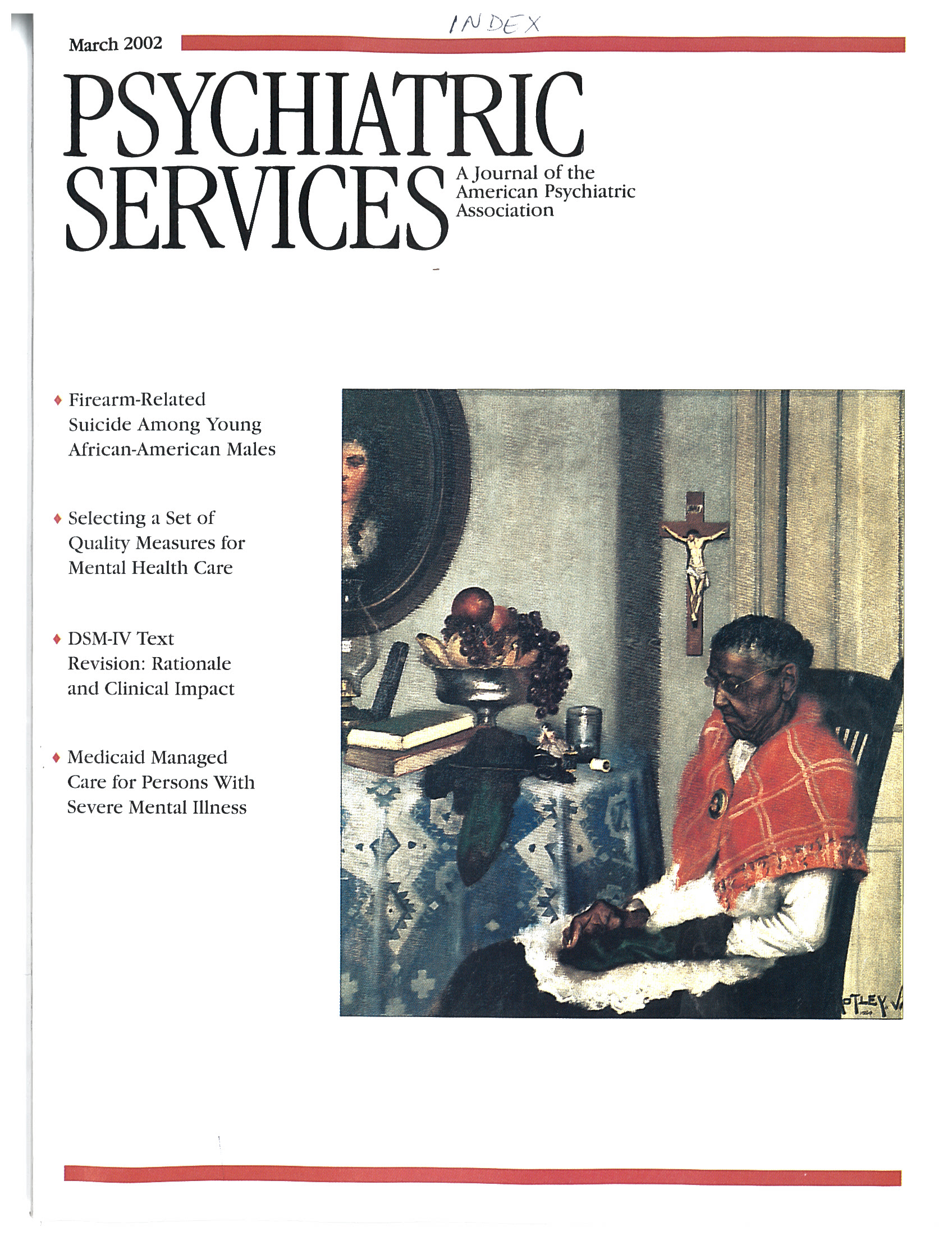Adherence to Medication Regimens and Participation in Dual-Focus Self-Help Groups
Abstract
OBJECTIVE: The authors examined the associations between attendance at self-help meetings, adherence to psychiatric medication regimens, and mental health outcomes among members of a 12-step self-help organization specifically designed for persons with both chronic mental illness and a substance use disorder. METHODS: A sample of members of Double Trouble in Recovery (DTR) was interviewed at baseline and one year later. Correlates of adherence to psychiatric medication regimens at the follow-up interview were identified for 240 attendees who had received a prescription for a psychiatric medication. RESULTS: Consistent attendance at DTR meetings was associated with better adherence to medication regimens after baseline variables that were independently associated with adherence were controlled for. Three baseline variables were associated with adherence: living in supported housing, having fewer stressful life events, and having a lower severity of psychiatric symptoms. In addition, better adherence was associated with a lower severity of symptoms at one year and no psychiatric hospitalization during the follow-up period. CONCLUSIONS: Treatment programs and clinicians should encourage patients who have both mental illness and a substance use disorder to participate in dual-focus self-help groups that encourage the responsible use of effective psychiatric medication, particularly after discharge to community living. Clinicians also should be sensitive to stressful life events and discuss with patients how such events might affect their motivation or ability to continue taking medication.



